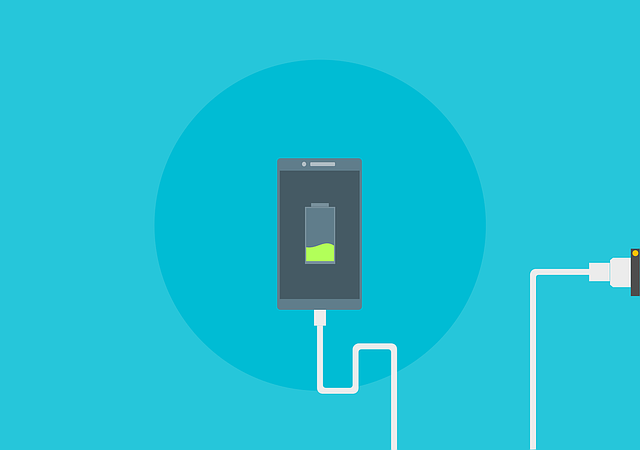Please check the information entered!
- Please check the information entered
A log-in email has been sent to your email address
Forgot password? Reset password
 Image by 200 Degrees from Pixabay
Image by 200 Degrees from Pixabay
A battery breakthrough by scientists at the University of Cambridge could lower laptop, phone and other lithium-ion-powered gadgets charging time to five minutes or less.
Using optical microscopy, the Cambridge scientists successfully peered inside lithium-ion batteries and were able to see their inner workings. This allowed them to observe ions moving in real time, which deepened the scientists’ understanding of how they act when charging.
The best part is that the technique used to look inside the batteries, which uses optical microscopy, is inexpensive, offers better resolution and can be carried out using existing equipment. The technique will allow researchers to identify the ‘speed limits’ for battery charging, enabling them to potentially lower charging times further.
Previous methods to look inside batteries, like electron microscopy and X-ray synchrotrons, were both time-intensive and expensive.
The research, published in the journal Nature*, could help turbocharge the development of next-generation batteries, which could play a significant role in helping us move away from fossil fuels.
“We found that there are different speed limits for lithium-ion batteries, depending on whether it’s charging or discharging,” said Dr Ashkay Rao from Cambridge’s Cavendish Laboratory, who led the research.
“When charging, the speed depends on how fast the lithium ions can pass through the particles of active material.
“When discharging, the speed depends on how fast the ions are inserted at the edges. If we can control these two mechanisms, it would enable lithium-ion batteries to charge much faster.”
Lithium-ion batteries are used in everything from smartphones and laptops, to electric vehicles. But if they want to truly compete with fossil fuels, they need higher capacities and faster charging times. Hopefully, the Cambridge University researchers’ breakthrough could help make this a reality.